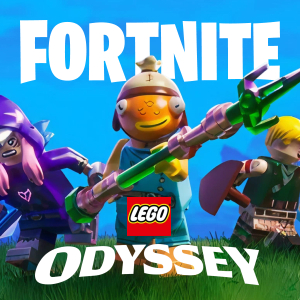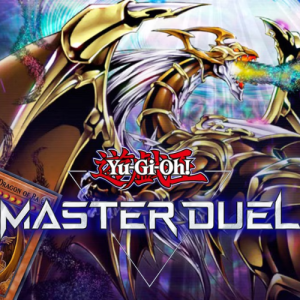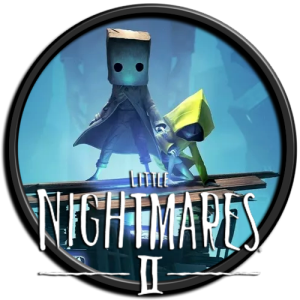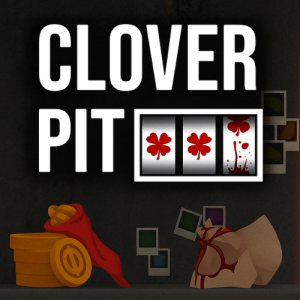Among Us, a social deduction game developed by InnerSloth, has led an unusual life in the realm of gaming. Originally released in 2018 to little fanfare, the indie title blossomed into a global phenomenon in 2020 due to widespread adoption by online streamers. This surge in popularity catapulted Among Us into public consciousness, solidifying its place among the notable online multiplayer games. With its engrossing gameplay and simple design, Among Us has appealed to millions of players, piquing curiosity, honing critical thinking, and fueling hilarity and discussion in equal measure.
Of Sabotage and Suspicions
The mechanics of Among Us are quite straightforward; a crew of 4 to 10 members attempts to maintain a spaceship, submarine, or lunar outpost, depending on the chosen map. Within the crew, however, few are named Impostors, whose main purpose is to sabotage the mission and destroy the team.
During gameplay, crew members complete missions on the map while impostors stealthily disrupt operations and eliminate crew members. When a dead body is discovered, players gather to discuss who they suspect is an Impostor based on the conduct observed during the game. The one deemed most suspicious gets voted off. The game progresses until Impostors have incapacitated the crew or been eliminated.
If the premise seems simple, its intrigue is found in the interpersonal interactions among players. Deception, persuasion, quick thinking, and intuition all play a role in determining the outcome of each game, making Among Us a dynamic and endlessly replayable experience.
Despite the simple premise, Among Us offers an intriguingly complex social experiment. It challenges conventional norms of online multiplayer games, pushing players to engage in mind games, lie, build trust, and betray others to ensure victory.
Dimensions of Difficulty - Weaknesses
While the game shines with its intriguing social deduction mechanics, it has its set of shortcomings. Without a group of committed friends, public games can often become chaotic and unenjoyable, as some players tend to leave mid-game if they are not assigned the Impostor role. Furthermore, the game, in its current state, relies heavily on the honesty of its players. Players sharing information outside the game (known as 'ghosting') can disrupt the gaming experience.
The Rise to Stardom and User Impressions
Despite its simplistic graphics and low-key launch, Among Us has managed to captivate millions of players globally. The game's soaring popularity is reflected in its 'Very Positive' rating on Steam and an impressive 4.5-star rating on the App Store. Many users appreciate the game's focus on communication, teamwork, and deception. They also praise it for its simple yet engaging premise and easy-to-learn rules.
Despite its cons, Among Us has proven that it’s not high-end graphics or complex mechanics that solely define a good game. The ability to foster social interaction, strategy, and an air of suspicion has set Among Us apart, allowing it to leave an indelible mark on the world of multiplayer gaming.














































































